Contributed by Robin Chalas and Grégoire Hébert in #43108.
The Accept-Language request HTTP header indicates the natural language and locale that the user prefers when browsing contents. It can be as simple as Accept-Language: to accept any languages/locales or as complex as providing multiple prioritized languages/locales like Accept-Language: es-MX, es;q=0.9, en;q=0.8, ;q=0.5. In Symfony 5.4, we've added new config options to integrate Accept-Language into your applications seamlessly:
12 3 4 5 6
config/packages/framework.yaml
framework:
...
set_locale_from_accept_language: true
set_content_language_from_locale: true
enabled_locales: ['da', 'no', 'sv']When set_locale_from_accept_language (which is false by default) is set to true, the request locale is automatically set based on the Accept-Language value. The value of the locale route attribute always overrides this option. Moreover, if you define the framework.enabled_locales option (which is the new name of the existing framework.translator.enabled_locales option) the request locale will be restricted to one of those values (in the above example, it can only be Danish, Norwegian or Swedish) regardless of the Accept-Language value. When set_content_language_from_locale (which is false by default) is set to true, the value of the Content-Language HTTP response header is automatically set based on the request locale. These new options will allow your application to better reply to the language preferences of your visitors and users. It's already being considered in Symfony ecosystem applications such as API Platform and Sylius.
Sponsor the Symfony project.Jelentkezéshez jelentkezzen be
EGYÉB POSTS Ebben a csoportban
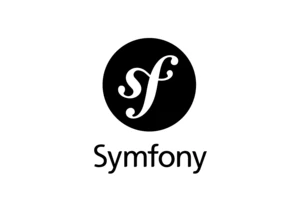
This week, Symfony unveiled the Symfony AI initiative, a set of components and bundles designed to bring powerful AI capabilities directly into your PHP applications. In addition, we published travel
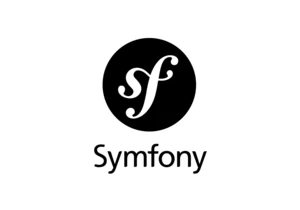
Today we are happy to announce a new Symfony initiative called Symfony AI - with the goal to provide a comprehensive set of components and bundles designed to bring powerful AI capabilities directly i
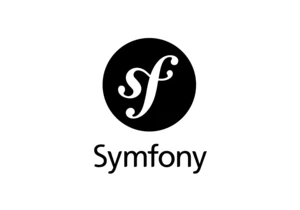
SymfonyCon Amsterdam 2025, our next annual international Symfony conference, will take place on:
November 25 & 26: 2 workshops days with several topics to learn, practice and improve your skills
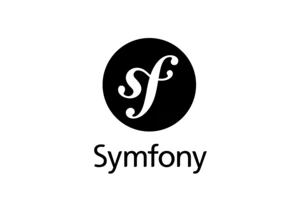
This week, development on the upcoming Symfony 8.0 version continued with the removal of deprecated features and the marking of several classes as final. In addition, we published two new case studies
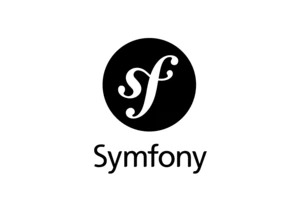
At Wide, Micropole’s digital agency, they help leading brands modernize their digital infrastructures while ensuring scalability, security, and performance. When Audi France approached them to migrate
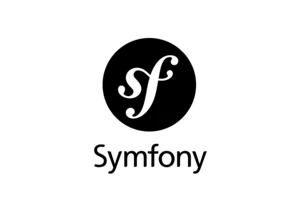
Vente-unique.com, a leading European online retailer of furniture and home decor, operates in 11 countries, powered by a team of 400 professionals and serving more than 3 million customers. From 15 ye
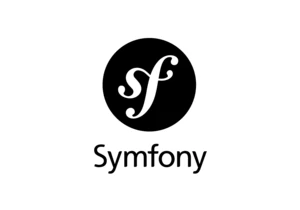
This week, Symfony 6.4.23, 7.2.8 and 7.3.1 maintenance versions were released. Meanwhile, the upcoming Symfony 7.4 version continued adding new features such as better controller helpers, more precisi
